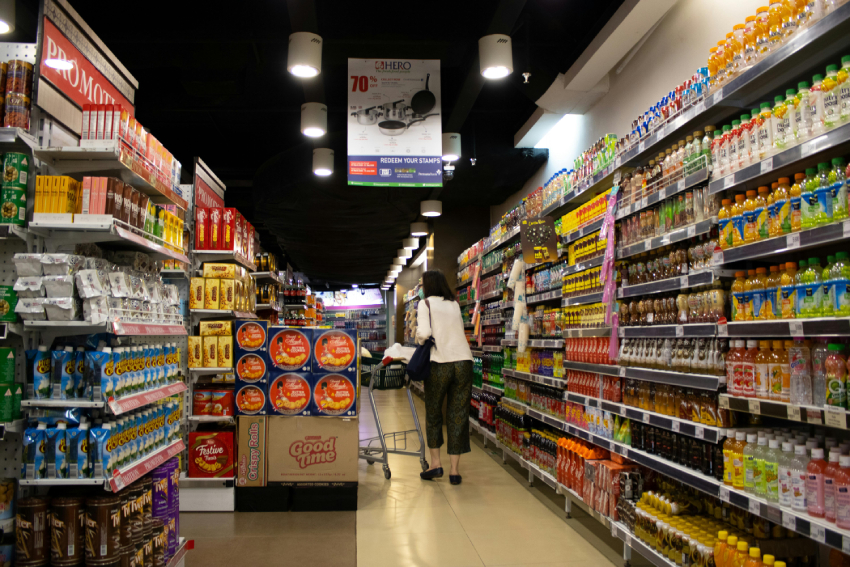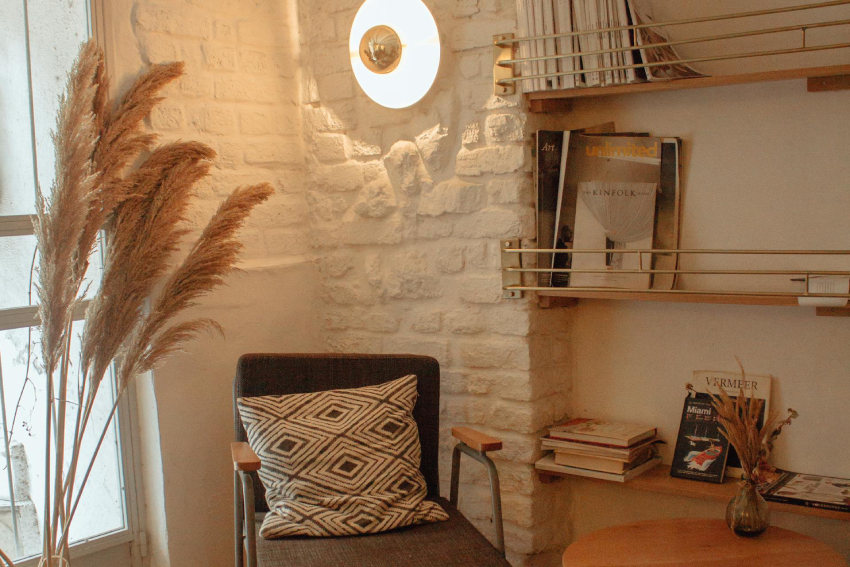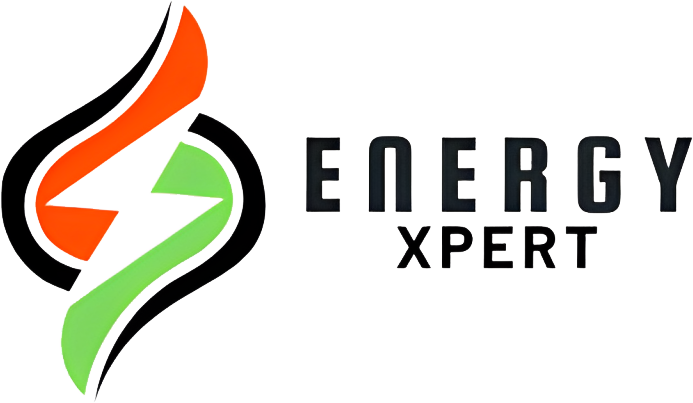
Because grocery businesses have such specific requirements, there are frequently utilities programs designed specifically for them. They must make investments in energy efficiency since they are among the biggest consumers of energy in order to compete in the contemporary market. Indeed, 2020 appears to be the primary catalyst for energy efficiency investments in this industry.
Similar to the Instant Discount Program, the Distressed Community program focuses solely on delivery and is best suited for communities with in-house staff capable of replacing fixtures or ballasts.


ComEd is in charge of the Small Facilities Public Sector Program via the Energy Efficiency Program because of FEJA. The Illinois Department of Commerce and Economic Opportunity oversaw this program in the past.
Buildings in the private sector that use between 0 and 200 kWh per month are eligible for this scheme. The extremely extensive SBES program, run by Nexant, offers refunds for anything a small business might possibly need, including weather stripping, air compressors, HVAC systems, and brand-new LED lighting. Since the goal of this program is to reduce energy use, you will receive more money if the installed fixtures have lower wattages.


The Standard program, run by DNV GL, provides rebates to private sector buildings that use more than 200 kWh of energy per month, which is typical for warehouses, large office buildings, and occasionally a McDonald’s. It works similarly to the SBES program. Furthermore, there are other refund opportunities available under this extensive program for refrigeration measures, outdoor lighting, and indoor illumination. Because it takes a lot more energy to make a building safe and comfortable, buildings included in this program stand to gain a great deal from the energy efficiency improvements.
Under this innovative new scheme, which is run by Franklin Energy, market-rate apartment and condo buildings with more than three units can receive refunds. This initiative is intended to provide customers with fully free projects, covering both in-unit and shared area measurements. The Multi-Family Energy Savings Program, often known as MFESP, offers lower range of measures at greater reimbursement amounts at no expense to the customer. This program offers incentives for occupancy controls and improvements to LED lighting.

Never believe anything we say. View our efforts to upgrade Chicagoland's HVAC systems to higher efficiency models or even incorporate EV car charging in order to draw in more clients and staff members while also increasing energy efficiency.
